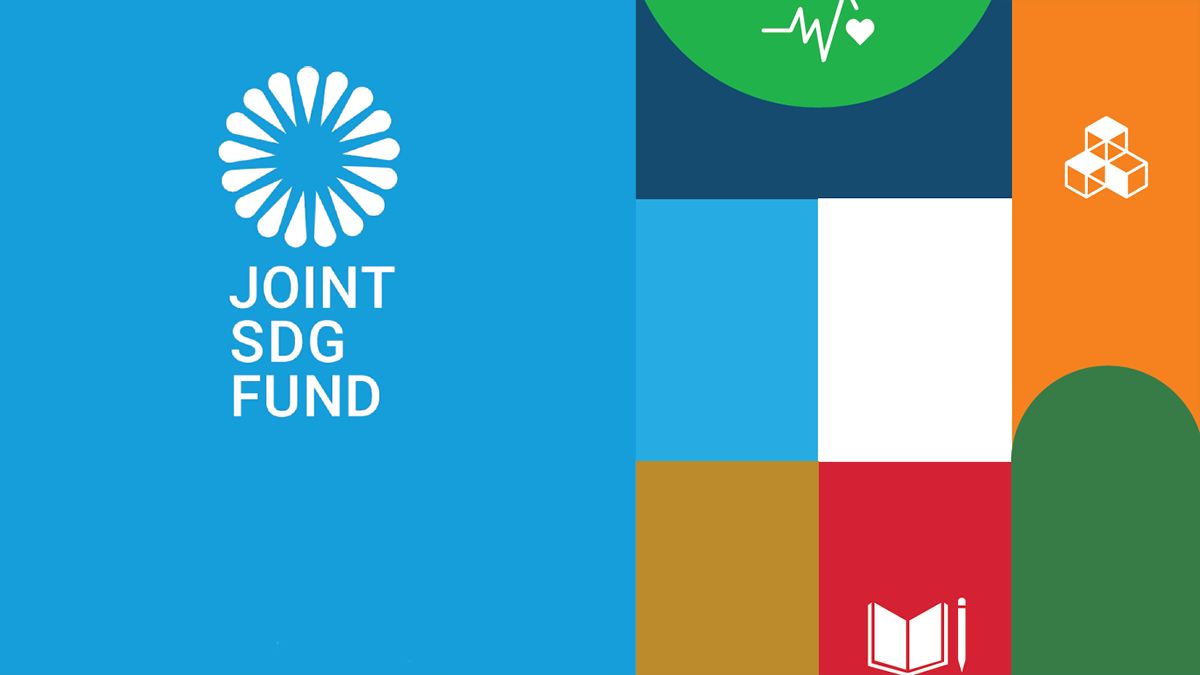The joint programme aims to improve the livelihoods, economic opportunities, and overall well-being of Small-Scale Cross-Border Traders (SSCBTs) in Rwanda, the majority of whom are women in the informal sector.
It will do so by leveraging digital technology to create better connections to resources, new markets, and existing services, and supporting efforts to ensure that regional/national policies related to cross-border trade and digitalization translate into tangible outcomes for traders.
Expected results:
- Outcome 1: An improved governance and regulatory framework for a conducive digital trade ecosystem will be created.
- Outcome 2: Existing services are more accessible and relevant to needs of small-scale cross-border traders, through creation of tailored digital tools and capacity-building support to meso-level service providers.
- Outcome 3: Small-scale cross-border traders are economically and socially empowered to improve their livelihoods and well-being, including by using tailored digital services to access services.
UNCTAD will contribute to Outcomes 1 and 2 through providing support to the Government and national partners with the enhancement of digital government systems (UNCTAD e-Regulations, trade portal, online enquiry point, national single window) and up-to-date policy recommendations, and will leverage ongoing partnerships through the e-Trade for All initiative.
UNCTAD will provide tailored and scalable capacity-building support to all users of the automated systems in both the public and private sectors.
Activities:
Building on its experience in supporting digital public infrastructure in Rwanda, UNCTAD will work to streamline government services for micro, small and medium-sized enterprises.
UNCTAD will leverage its expertise and learning from the AfDB-EAC project: “Capacity building for EAC Trade Portals connectivity” and the UNCTAD-UNITAR Digital Government Academy, which trains civil servants on developing effective digital services.
UNCTAD will collaborate with MINICOM, Rwanda Revenue Authority, and the National Trade Facilitation Committee to upgrade the Rwanda trade portal through tailored policy recommendations and procedures.
This includes enhancing the national enquiry point system to better serve small-scale cross-border traders and optimizing ASYCUDA World, the system for processing international trade transactions, to incorporate greater flexibility in the Selectivity/Risk Management modules and activate import clearance.
Additionally, the Simplified Trade Regime may be scaled up to advance e-payment, passenger, and cargo notifications.
Link to the SDGs:
These outcomes will directly benefit approximately 154,200 Small-scale cross-border traders, contributing to the achievement of the Sustainable Development Goals (SDGs)
The proposed intervention will create positive spill-over effects across five SDGs, including the below targets:
- SDG 5: Gender equality and women’s empowerment
- SDG 8: Decent work and economic growth
- SDG 9: Industry, innovation and infrastructure
- SDG 10: Reduced inequalities
- SDG 17: Partnerships for the goals


